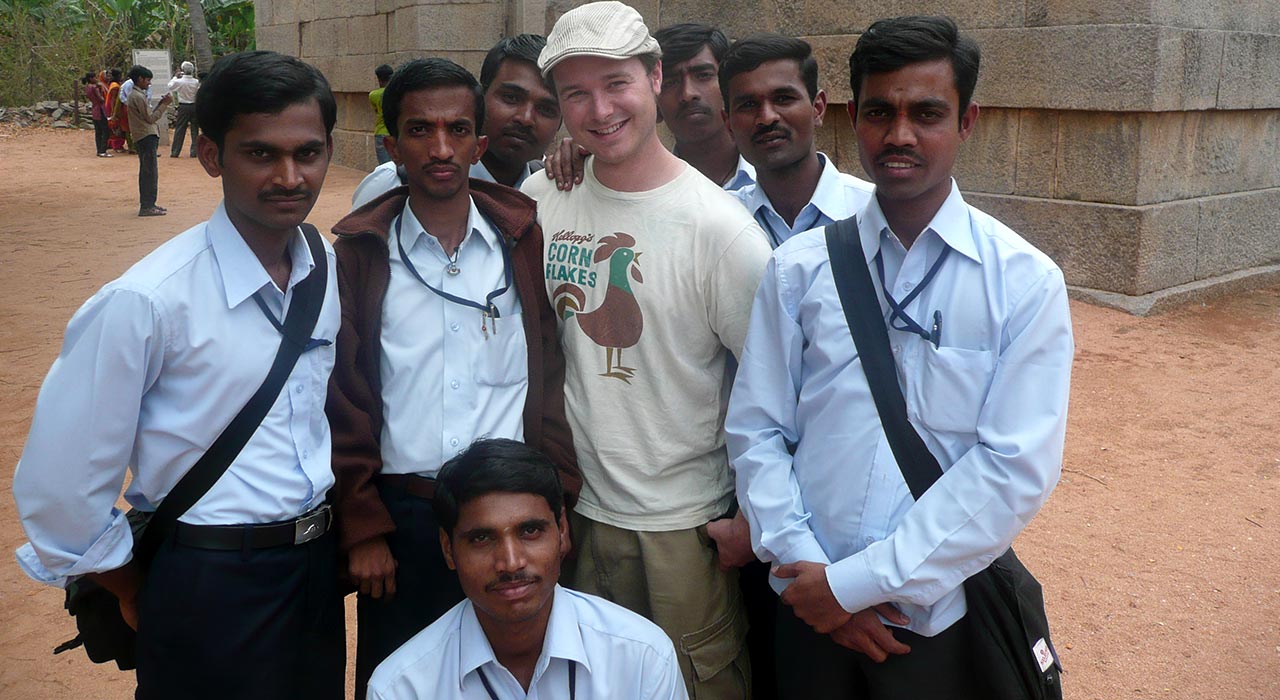How to speak a language pretty well, starting from scratch, in just two months
Want to speak Spanish well, speak French well, speak German well, or any language for that matter? If I can do this with Czech starting from zero, imagine what you can do!
I'd like to summarise everything I've discussed on the site regarding my earliest intensive language experiment.
I was initially aiming for fluency in 3 months, but unfortunately I had to stop short at just two months. Even so, after those two months I could hold a pretty good natural conversation with locals about a range of topics and my spoken accent in Czech was quite good. Of course, you can apply these methods to any language. Presuming you can learn a language in the country where it is spoken, this is what I would suggest that you do:
Before going

When starting to learn a language, make sure you have the right attitude to it; an optimistic viewpoint is essential and half of the battle in progressing in a language. Also, you should clearly define your motivations to learn that language and keep them in mind throughout the learning process. Try to get as much frustrating study work out of the way as you can in your home country; especially phrases and vocabulary; this will allow you to take advantage of the country and locals themselves for practise. It can be extremely intimidating for many people without preparation before going.
Get yourself an inexpensive phrasebook to keep in your pocket/purse to take out and study in little 2-minute windows during the day whenever you have to wait. There are actually lots of ways to squeeze more time out of your day and it all adds up quickly! Make sure to use fun memory techniques to not forget all of those new words you are learning. Grammar is important, but unlike many linguists, I believe that it should be taken in very light chunks, and even partially ignored, in the early stages. In my personal opinion, focussing on grammar too much in the early stages is a huge mistake in the academic approach. The priority is to speak as much as possible and you need words and phrases for this, not rules. Study grammar after you can communicate a little and it will be much more interesting and help you “tidy up” what you've got.
If you'd like to practise the language before travelling, then use Couchsurfing to host natives of the language, who will be more than happy to help you! As a bridge to learning the language that you wish to learn, you can also try to learn Esperanto first, which you can practise in your home country and it can help you get used to the feeling of speaking another language, without worrying about complicated grammar and vocabulary, or being intimidated by the thought of speaking with natives.
In the country
By far, the most important advice I can give (and the “secret” of how I can actually learn languages) is to not speak English. Please don't take this lightly. Depending on how serious you are about reaching the best level you can, this decision can make all of the difference. It is extremely hard because it can be very lonely and frustrating not being able to communicate all that you want when there may be so many other expats around ready to chat with you in your native-tongue, but I have to warn you that frankly I've met hundreds of aspiring learners who have failed in making much progress because of using English as the language that they socialise in. Lots of people learn languages very well while also speaking English in their spare time, but in my experience they do it much slower than those who are 100% dedicated.
This is why I can learn languages so quickly, and has nothing to do with magical or genetic talents. Not speaking English is a decision you have to make as soon as possible if you want to learn as quickly as possible. Don't wait until you are “ready”, because you may never consider yourself ready. Just speak! If you remember some conversational connectors you can “fake” actual conversations with natives, even in the early stages.
As you are trying to make progress in the language, to help with your longer-term goal, try to have mini-goals that you can achieve in a very short time. This improves your motivation to study and helps you progress in measurable amounts. One of them is to look forward to a particular meeting with a native and to study for that, but if you find that some natives prefer to speak to you in English, there are lots of ways to convince them to help you. But when you are socialising with them, keep in mind that you don't need to drink to be able to speak the language.
Other observations
When learning the language with a computer handy, you can use Google Image instead of a dictionary and use Google itself to correct your grammar. Note that to be able to travel to another country, you don't have to be rich. With my background I managed to get work as an Internet-based freelance translator, but there are plenty of ways to be able to travel continuously or fund your language learning adventure. Try not to take it too seriously and have fun with your language! (See how much fun I was having with Italian for example?)
Thanks to those of you who have followed my language experiments these many years!



Social